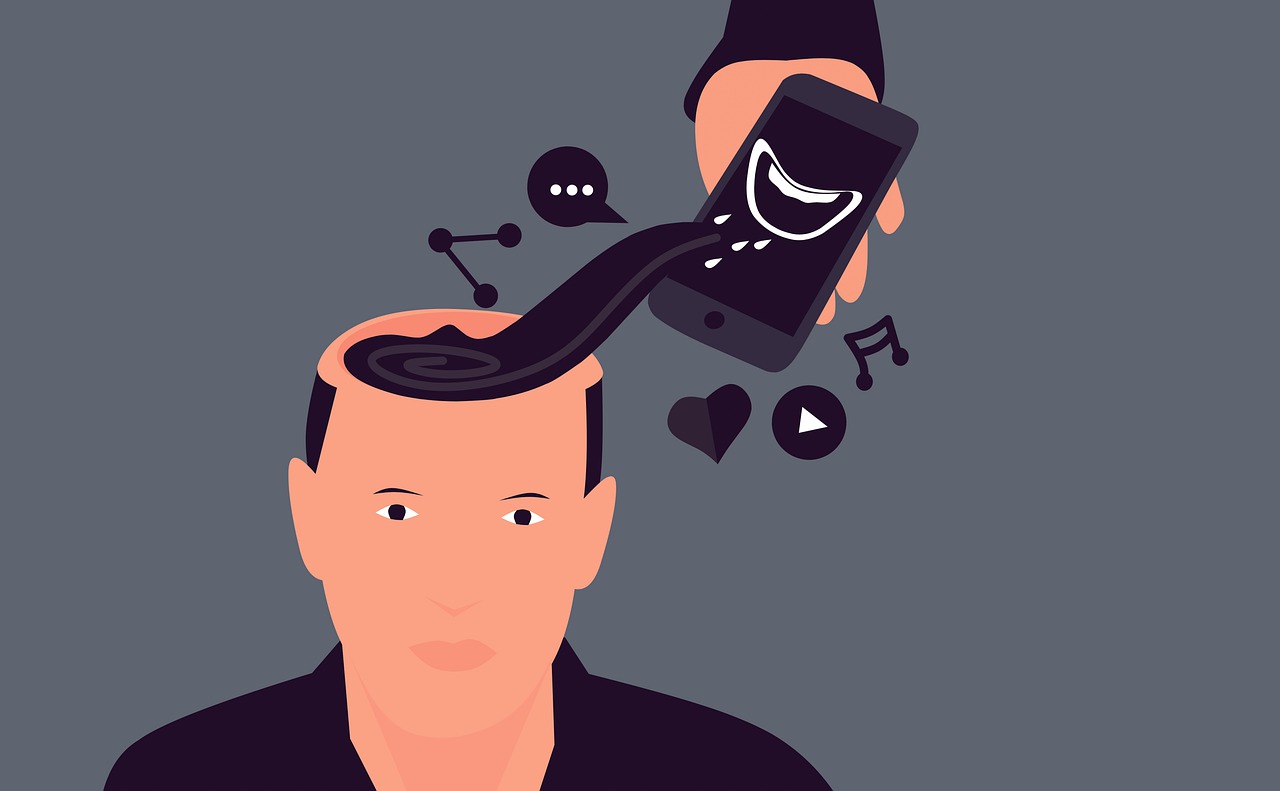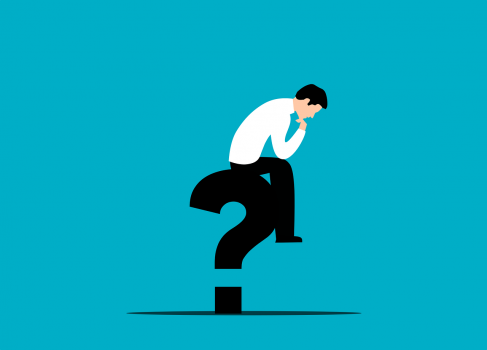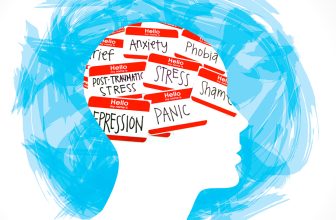It can be exhausting to consider all the things you could have done differently, to second-guess every decision you make, and to imagine all the worst-case possibilities in life. Overthinking, on the other hand, is a difficult habit to break. You can even convince yourself that spending a lot of time thinking about something is the key to developing the ideal solution, but this is rarely the case.
In fact, the more time and energy you spend thinking about something, the less time and energy you have to act on it. Of course, everyone thinks too much at times. Perhaps you’re always thinking of the things that could go wrong when you make a presentation next week.

You Have a Lot of Repetitive Thoughts
Ruminating—or rehashing the same things again and over—isn’t productive. When you’re overthinking, however, you can find yourself reliving a conversation or imagining something horrible happening constantly in your head. According to a 2013 study published in the Journal of Abnormal Psychology, dwelling on your issues, mistakes, and flaws increases your chance of mental health problems. You’re more inclined to obsess with your thoughts when your mental health deteriorates. It’s a vicious cycle that’s tough to break.
Read More : Yoga’s Importance in Present time
Your anxiety keeps you awake at night
When you’re overthinking, your brain may feel as though it won’t turn off. When you try to sleep, you may feel as if your brain is working overtime, replaying scenes in your head and making you imagine awful things. Rumination keeps you up at night, according to research.
It’s harder to fall asleep when you’re overthinking things. Falling asleep might be difficult, which can lead to further worrying thoughts. When you don’t fall asleep immediately away, for example, you may worry that you’ll be overtired the next day. This may make you feel uneasy, making falling asleep even more difficult.

You Find It Difficult to Make Decisions
You may try to convince yourself that thinking longer and harder is beneficial. After all, you’re examining a problem from every viewpoint conceivable. Overanalyzing and obsessing, on the other hand, becomes a roadblock. According to research, overthinking makes it difficult to make decisions.
You can be overthinking things if you’re uncertain about everything from what to eat for dinner to which hotel to book. It’s highly likely that you’re squandering a lot of time seeking second opinions and investigating your options when, in the end, those minor decisions may not matter all that much.
Read More : Workout at Home: Benefits and Drawbacks
You Make Second Thoughts About Your Decisions
Overthinking can lead to you berating yourself for decisions you’ve already made. You could waste a lot of time thinking about how much better your life would be if you had just accepted that other job or not established a business.
Perhaps you blame yourself for not noticing red signs sooner, believing that they should have been evident! Rehashing and second-guessing is a type of mental anguish, while a little healthy self-reflection can help you learn from your mistakes.
How to Deal with Overthinking
According to research, thinking less about a problem may be the key to developing superior answers. According to research, giving yourself an “incubation period” can help you make the greatest decisions.







